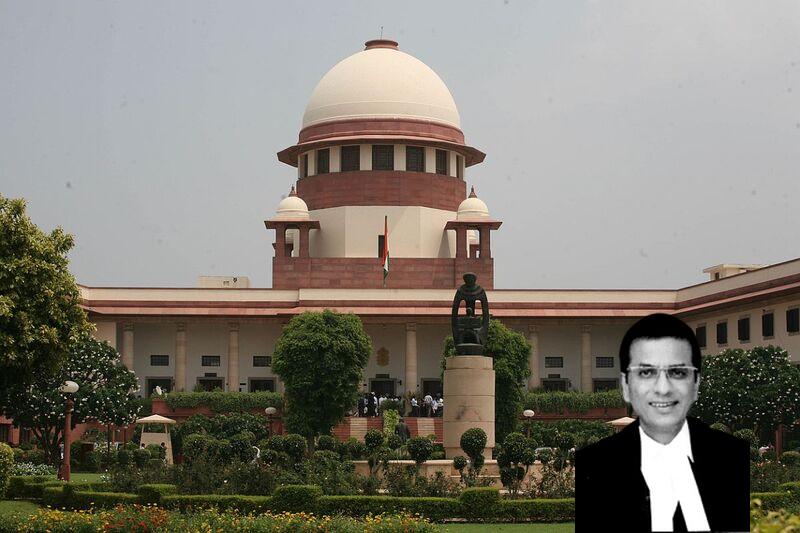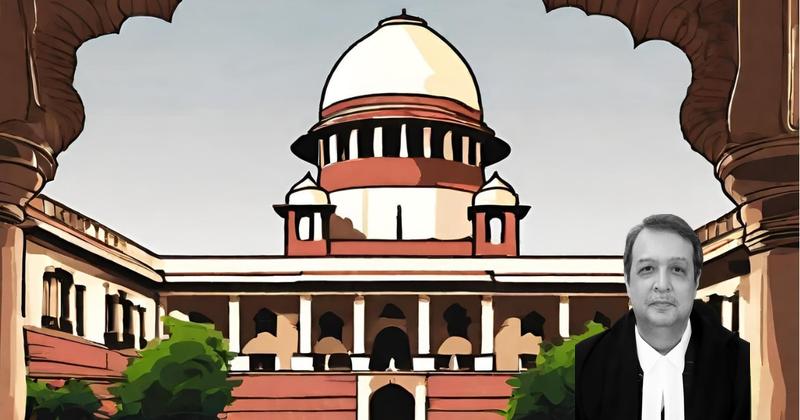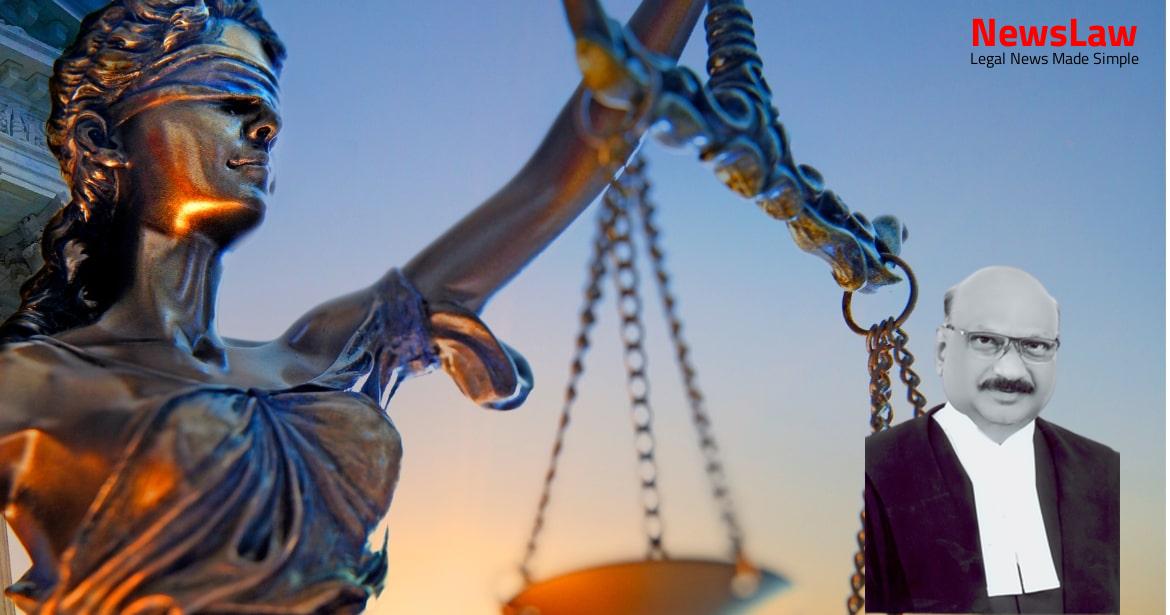In the instant Civil Appeal, he challenges the Order of Eviction from Shop No.5 under Section 13-B of the Act. Harbhajan Singh-owner, filed Eviction Application No.6 of 2003 against the appellant-tenant for the subject premises before the Rent Controller, Jalandhar. The averments in the Application under Section 13-B of the Act are that S. Kuldeep Singh, filed a Petition for Ejectment of Shop No 3. Kuldeep Singh is neither the owner nor the landlord of the tenanted premises, and the Eviction Petition at the instance of S. Kuldeep Singh cannot seek eviction of the subject premises under Section 13-B of the Act. Learned Counsel Kavita Wadia, appearing for Mukesh Kumar, contends that the Order of Eviction, through the summary procedure under Section 13-B of the Act, is wholly illegal and unsustainable. The right under Section 13-B is not absolute, and the statutory bar, viz., apply for eviction under Section 13-B, is available: (a) after five years from the date of becoming owner and (b) only once during the lifetime of such owner is applied mandatory before ordering eviction through summary procedure. In other words, it is argued that the Rent Controller examines the grounds in Section 13-B of the Act in the background of objections/grounds raised by the tenant and decides a case for leave to defend is made out by the tenant. The Counsel invited our attention to the Leave Application and argued that the legal contention now introduced by referring to Section 2(a) “building”, read with Section 13-B first proviso, was not an issue before the Rent Controller and the High Court.
(2) Where the owner referred to in sub-section (1), has let out more than one residential building or scheduled building and/or non-residential building, it shall be open to him or her to make an application under that sub-section in respect of only one residential building or one scheduled building and/or one non-residential building, each chosen by him or her. Special procedure for disposal of applications under Section 13-A or Section 13-B.- (1) xxx xxx xxx (2) xxx xxx xxx (3) xxx xxx xxx (4) The tenant on whom the service of summons has been declared to have been validly made under sub-section (3), shall have no right to contest the prayer for eviction from the [residential building or scheduled building and/or non residential building], as the case may be, unless he files an affidavit stating the grounds on which he seeks to contest the application for eviction and obtains leave from the Controller as hereinafter provided, and in default of his 7 appearance in pursuance of the summons or his obtaining such leave, the statement made by the specified landlord or, as the case may be, the widow, widower, child, grandchild or the widowed daughter-in-law of such specified landlord [or the owner, who is non resident Indian] in the application for eviction shall be deemed to be admitted by the tenant and the applicant shall be entitled to an order for eviction of the tenant. In Ram Krishan Grover (supra), this Court examined the constitutional validity of Section 13-B of the Act and extension of Section 13-B vide Notification dated 09.10.2009 to the Union Territory of Chandigarh. In terms of Section 13-B of the Rent Act, the landlord should have been the owner of the premises for five years before the eviction petition is filed. Sub-section (2-B) to Section 19 imposes a maximum punishment of six months’ imprisonment or a fine of one thousand rupees or both in case the landlord does not occupy the premises for a continuous period of three months after getting an eviction order or lets out the whole or any part of the premises to a third person other than the tenant in contravention of the provisions of sub-section (3) to Section 13-B. The true ratio, in our opinion, is reflected in para 25, which reads as under: ( Baldev Singh Bajwa [ Baldev Singh Bajwa v. The Controller’s power to give leave to contest the application filed under Section 13-B is circumscribed to the grounds and inquiry on the aspects specified in Section 13-B. Kuldeep Singh is not the owner, is unsustainable and rejected the said ground. The Rent Controller held that the owner was born in India and presently has a passport issued by the United Kingdom of Britain and Northern Ireland and, therefore, satisfies the requirements of Section 2(dd) of the Act. Kuldeep Singh is not the owner is also contrary to the very case pleaded by Mukesh Kumar. On the grounds urged by the tenant, the 11 Rent Controller observed that a case to contest the summary eviction proceeding is not made out and leave need not be granted.



